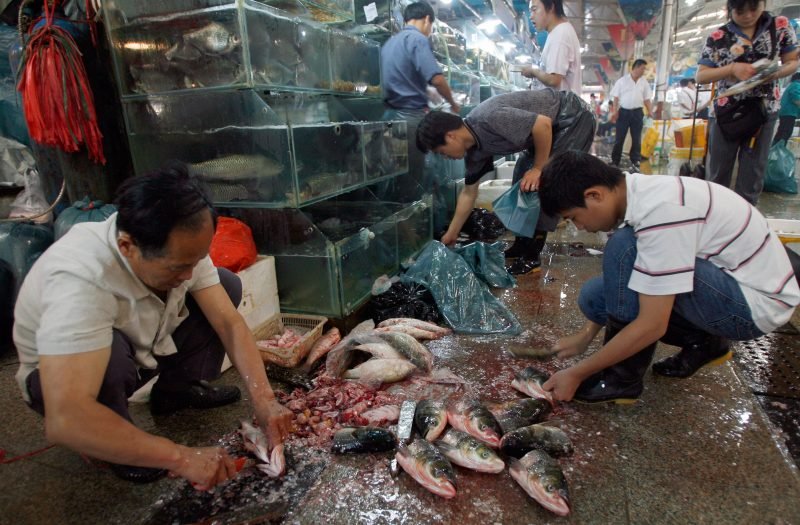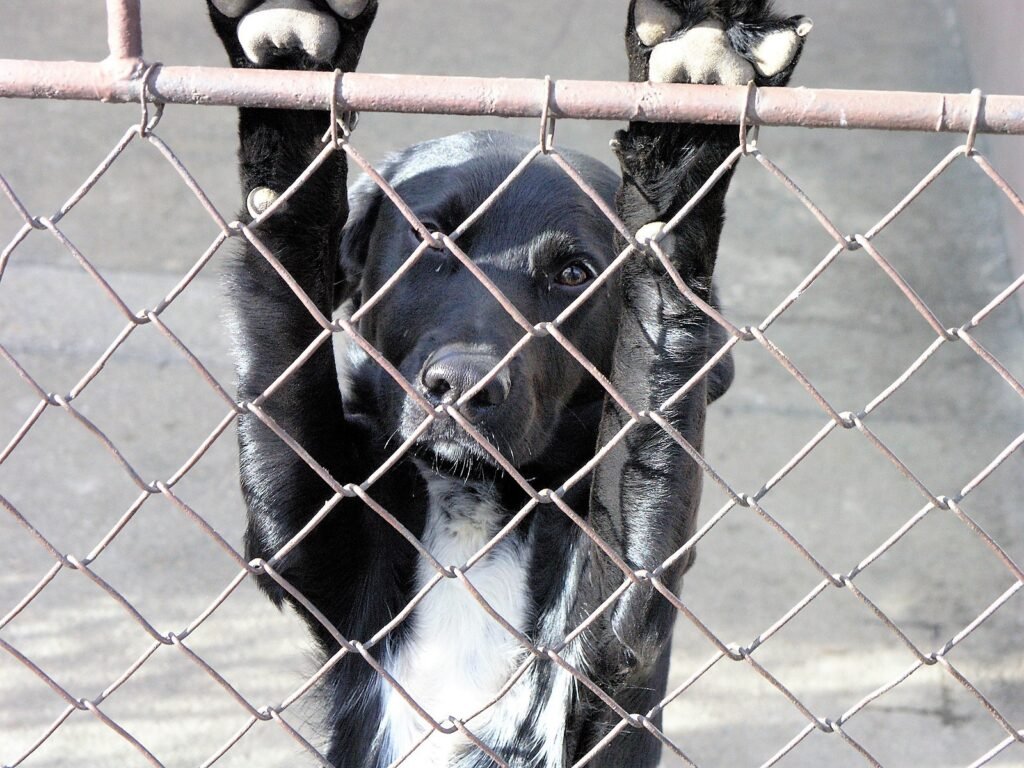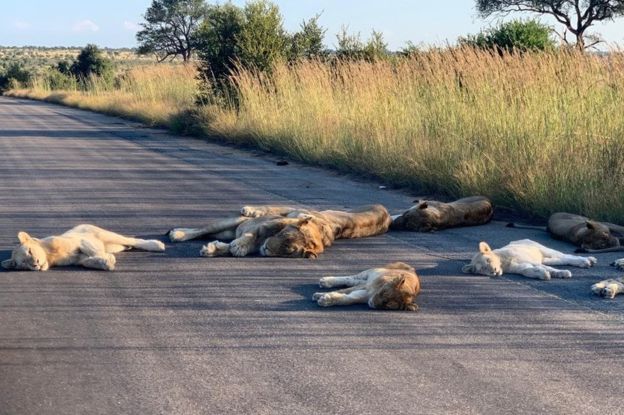While we struggle to combat this terrible virus our companion pets will need all the support we can give them over the next few months because through no fault of their own, they could be subjected to wide ranging and long-lasting negative welfare implications. It is important that we do not succumb to misinformation and paranoia over the risks of transmission of the virus from them.
Most scientists appear to support the notion that there is no compelling evidence animals can pass the virus to humans even though this pandemic apparently began with a jump from animals into humans because of the unsanitary conditions in Asian markets and of cultural eating habits. But human nature being what it is, many of us are quick to panic.

Some pet owners around the world are allegedly abandoning or killing their pets. There have been lurid reports of Chinese owners throwing dogs and cats to their deaths from the balconies of high rise apartments through fear of being infected by them after media news that a dog, a cat and a tiger supposedly tested positive. Cats have been particularly singled out as being able to transfer the virus on their fur which could potentially cause a backlash towards them.
Pets and animal charities face long term effects from the pandemic.
With most animal rescues temporarily closed to adopters, the unlucky inmates face even longer incarceration and with staff numbers and visitors reduced to just essential workers, may suffer mentally from isolation from human contact. Some shelters have seen an increase in demand for pets from people seeking companionship during their enforced stay at home and are taking the opportunity to offload as many animals as possible. There is criticism that this is misguided and many fear that when everyone returns to their normal routine it could add to an even bigger influx of unwanted animals.

Not a time to consider renouncing our pets.
At any given time there are always thousands of owners looking to rehome their unwanted pets and with no facilities to take them to owners may take the easy way out resulting in a scenario of mass abandonment. The aftermath will be stray cat and dog populations increasing in many countries and a backlog for many months to come. This could result in increased euthanasia due to lack of space particularly in countries with high rates already such as the USA and Canada.
Animal welfare and rescue charities are already suffering a huge reduction in income and the present climate is not ideal for fund raising appeals when so many humans are suffering hardship. The major animal charities with their much criticised large contingency funds will no doubt continue to function adequately, while those with their hand to mouth approach to funding may well struggle to survive or even close permanently leading to more pressure on the larger charities.

While wildlife may not be missing us one bit, but our companion pets are seeing a lot more of us, particularly those once home alone. They are getting the bonus of 24/7 attention from owners, although they shouldn’t get too accustomed to it.